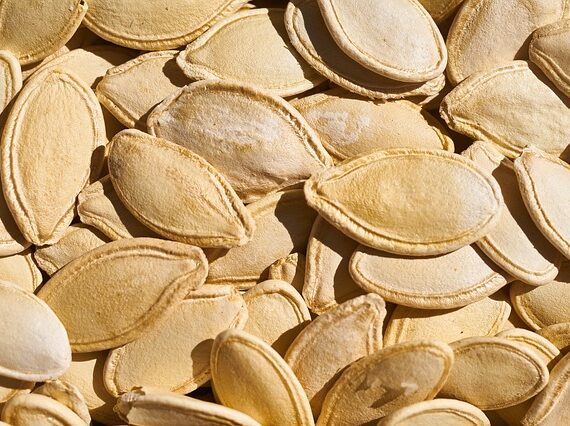Do you often wonder what exactly are fermented foods? They are awesome and nutritious and one should try to include them in meals.
Before telling you the reasons for eating fermented food, let us know what is fermentation all about says Avni.
Lacto fermentation, or better known as fermentation, is the process of using bacteria or yeast to convert sugars and starches (carbohydrates) to acid, gas, or alcohol. One of the finest examples of it is using yeast to leaven a bread or lactic acid bacteria to preserve vegetables. Lactic acid bacteria or lactobacilli are naturally available on the surface of fruits and vegetables.
They also seem to be naturally happening on your skin and in your gastrointestinal, urinary, and reproductive tracts. These bacteria, when present in an anaerobic (without oxygen) environment, feed on the sugars and starches inside the vegetables or fruits to produce lactic acid. This lactic acid then reduces the pH thereby killing off harmful or pathogenic bacteria while preserving the food without any use of vinegar or preservatives.
This procedure of fermentation lets us safely produce sour foods such as yogurt.
Besides preserving the food, the foods and beverages become probiotic-rich (good for the gut), produce their own enzymes which help you to digest your food better and supply a healthy dose of B-vitamins and omega-3 fatty acids.
Some of the well known fermented Indian foods are yogurt, Akhuni (fermented soybean), rice and dal batters, Indian cheese, dhokla, and idli.
This blog by Nutritionist and Dietician Avni Kaul shares some of the reasons as to why one needs to include fermented food in their meals.
Rich in Beneficial Bacteria
Fermented foods are rich in beneficial bacteria. When you eat this food, you are introducing several strains of beneficial bacteria into your digestive system. These bacteria are micro-organisms known as probiotics, which means for life. These bacteria then take up temporary residence in your intestines where they form vitamins, strengthen the immune system, and help crowd out pathogenic or disease-promoting bacteria thus helping to balance your gut flora (the community of bacteria within your gut). Also, the short-chain fatty acids formed by the bacteria help maintain the integrity of the cells that are lining your digestive tract.
Boosts Immune System
Since approximately 80% of your immune system is based in your gut, it makes sense that you would want to supply it with a lot of probiotic-rich fermented foods to keep it fit. When you have more good bacteria than bad ones, you enhance your chances of being able to counter infections and lower inflammation.
Improves Digestion and Gut Health
Fermented food helps to improve gut health by balancing the composition of your gut flora to help you digest better and absorb the food you eat. Foods fermented are also rich in digestive enzymes that can help you more easily break down and absorb what you put into your body. This is a good thing for healthy eaters because it means you get more when consuming a nutrient-rich diet.




